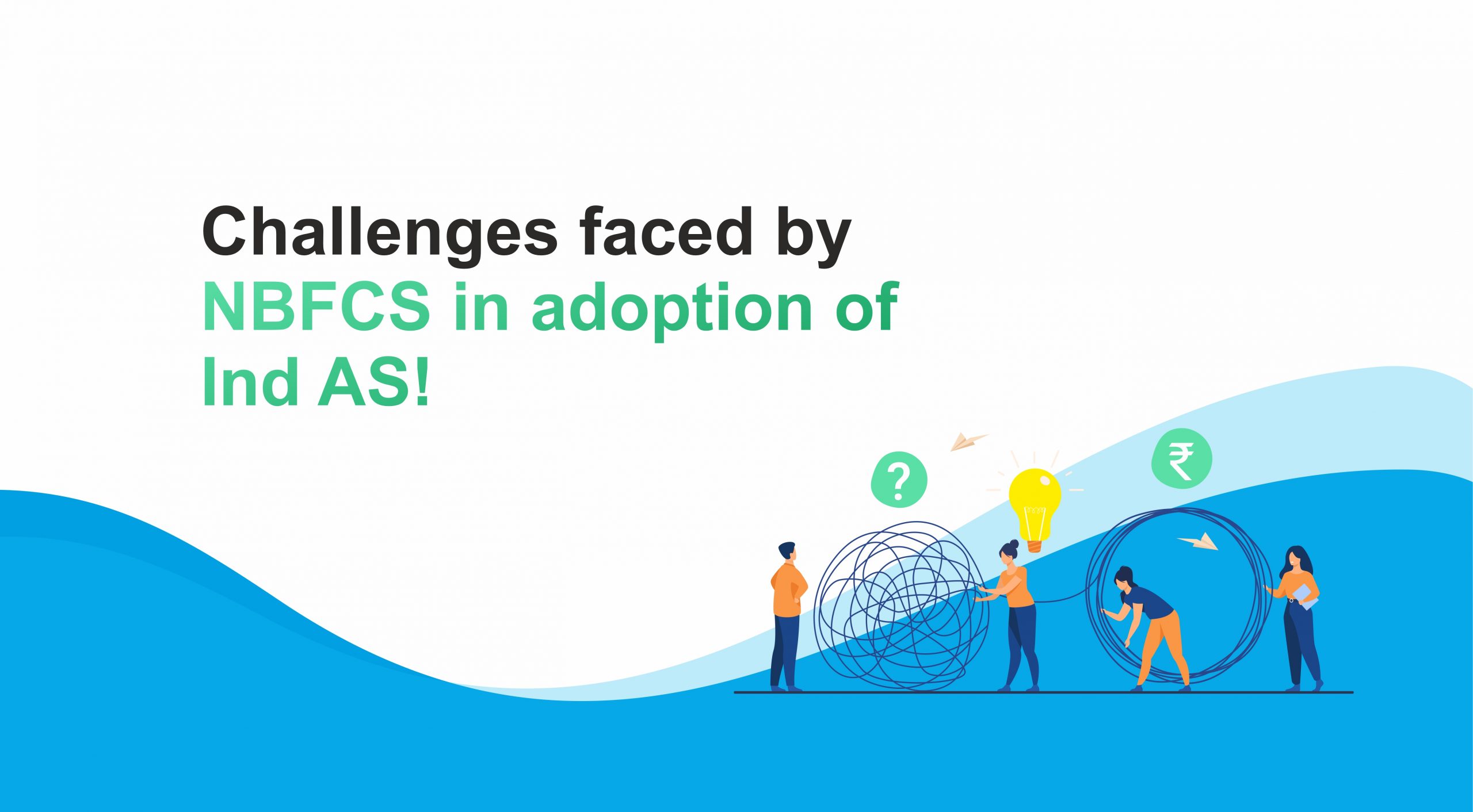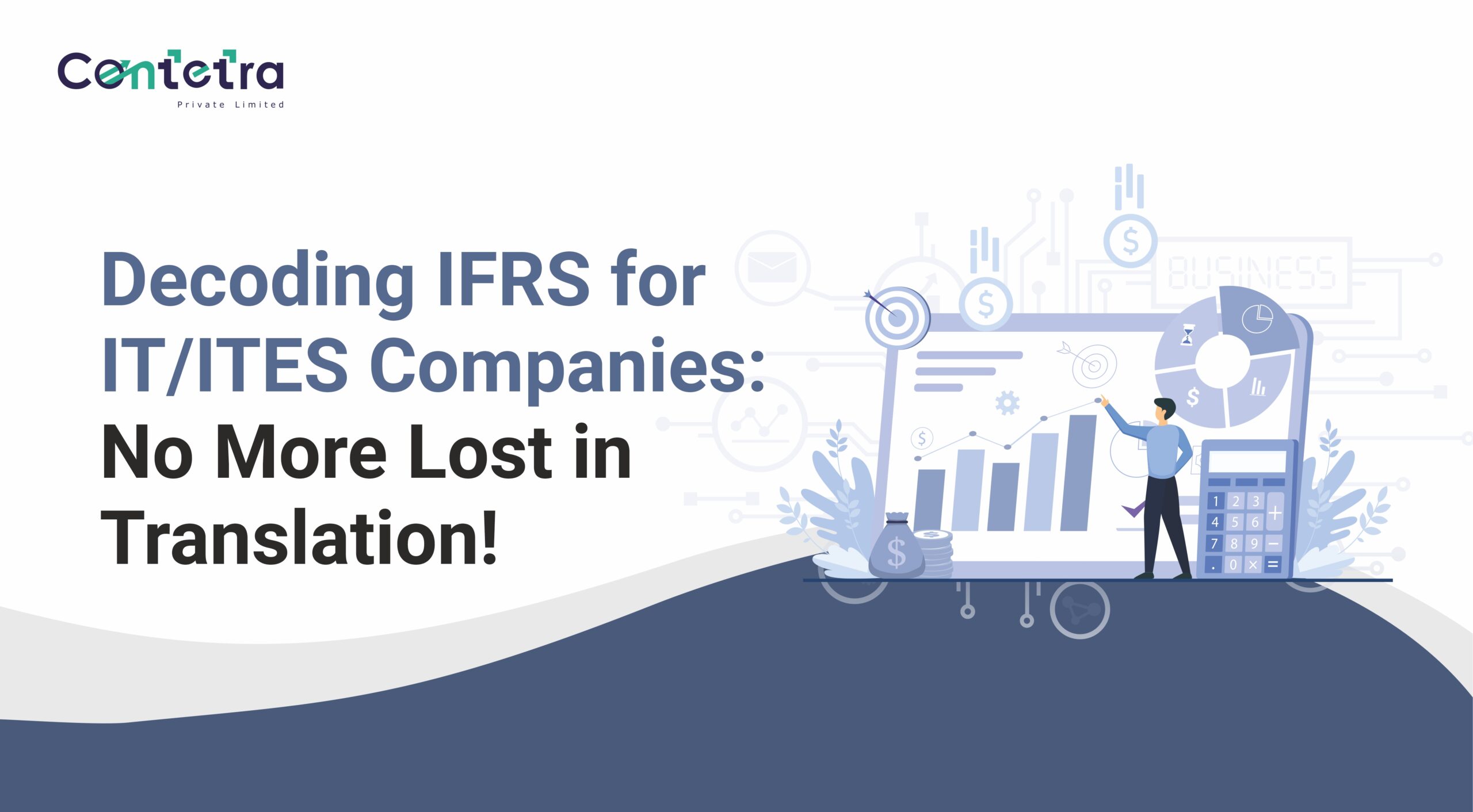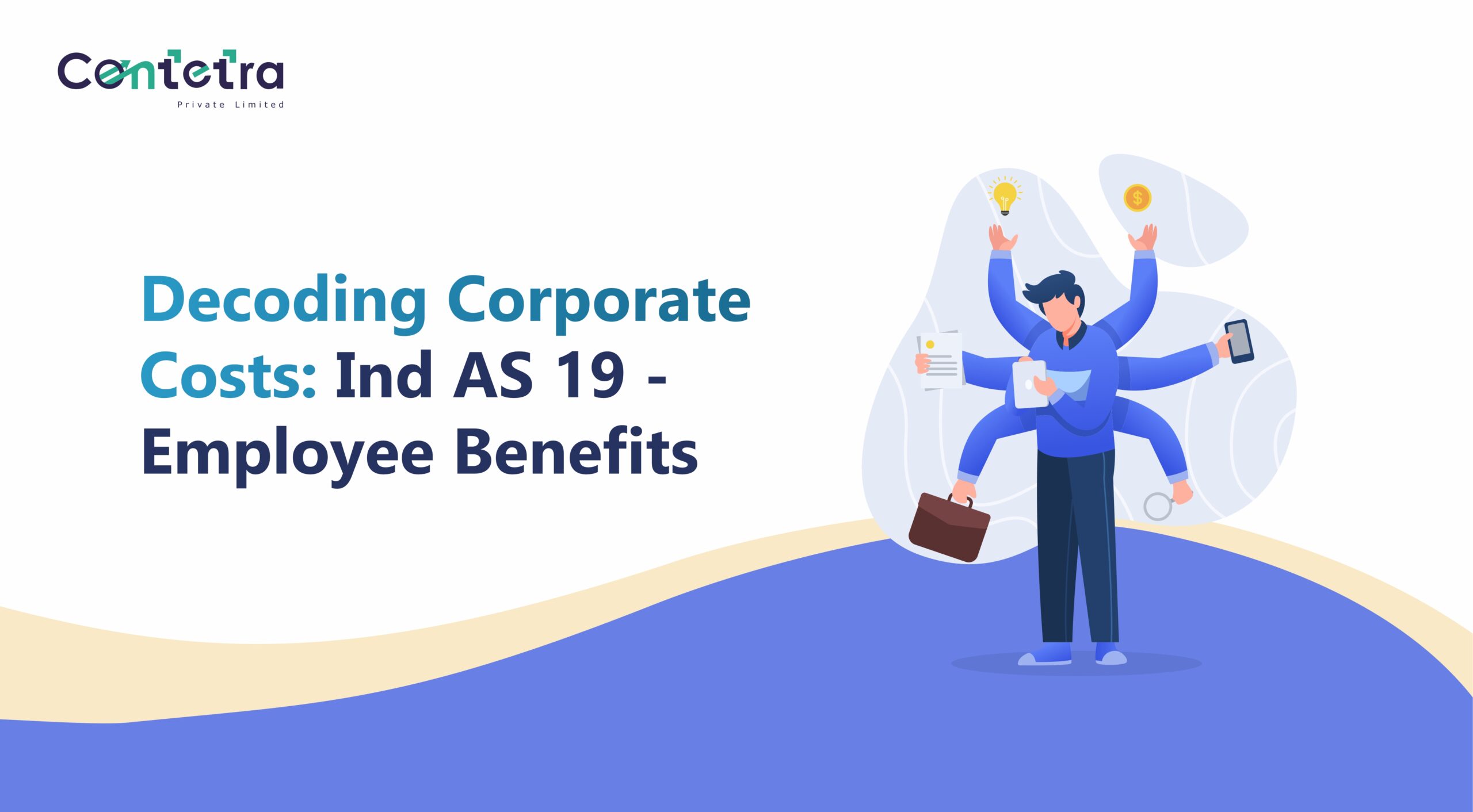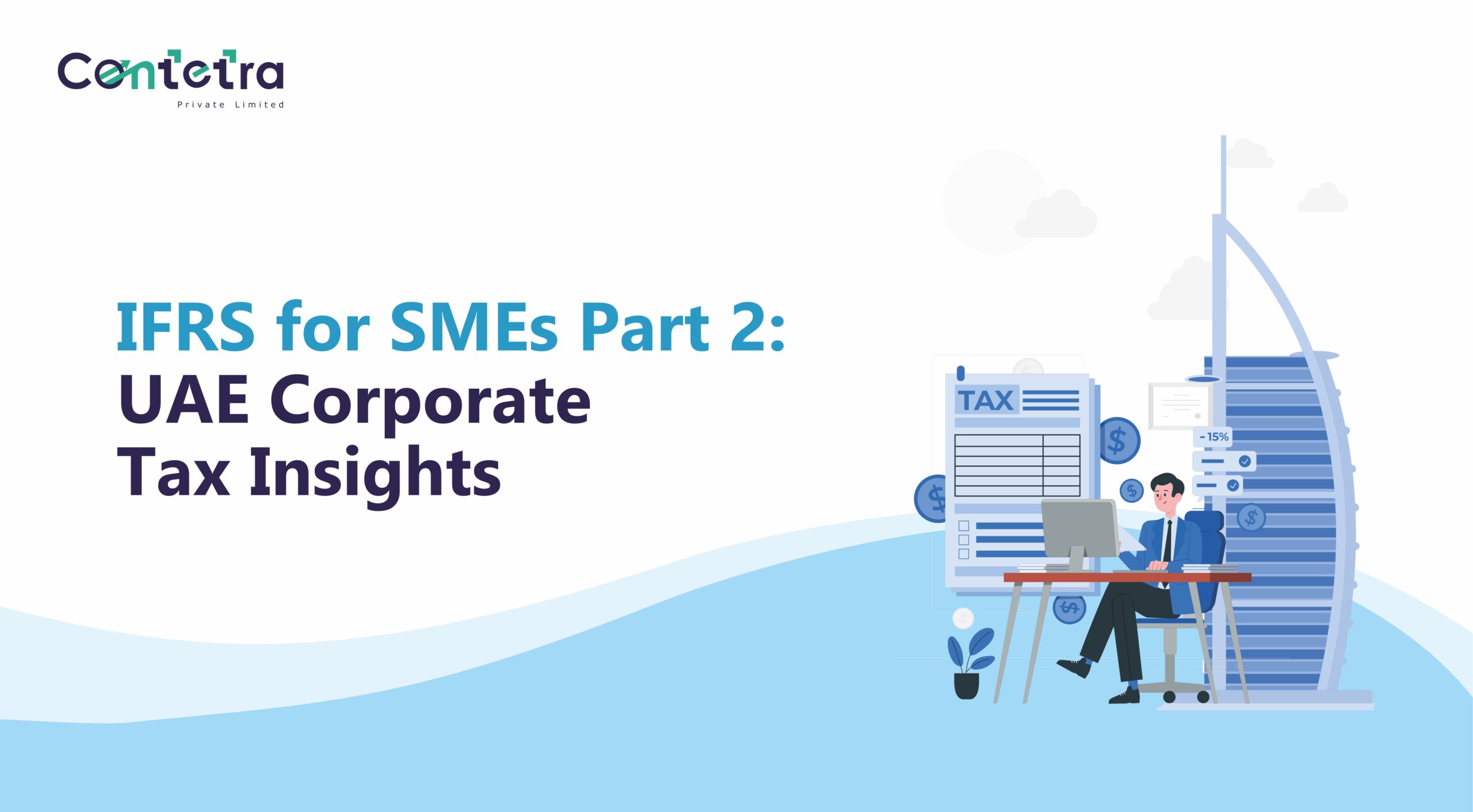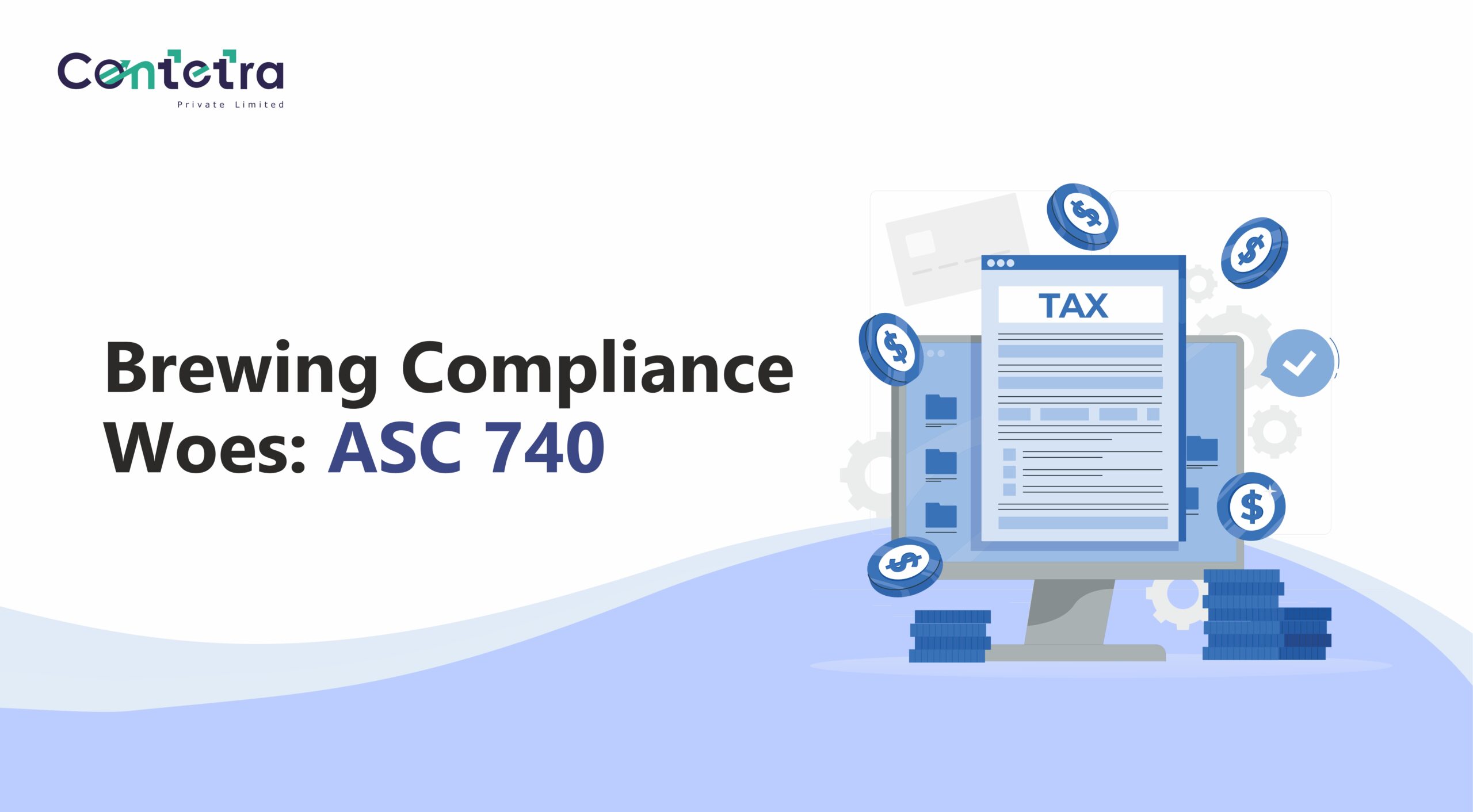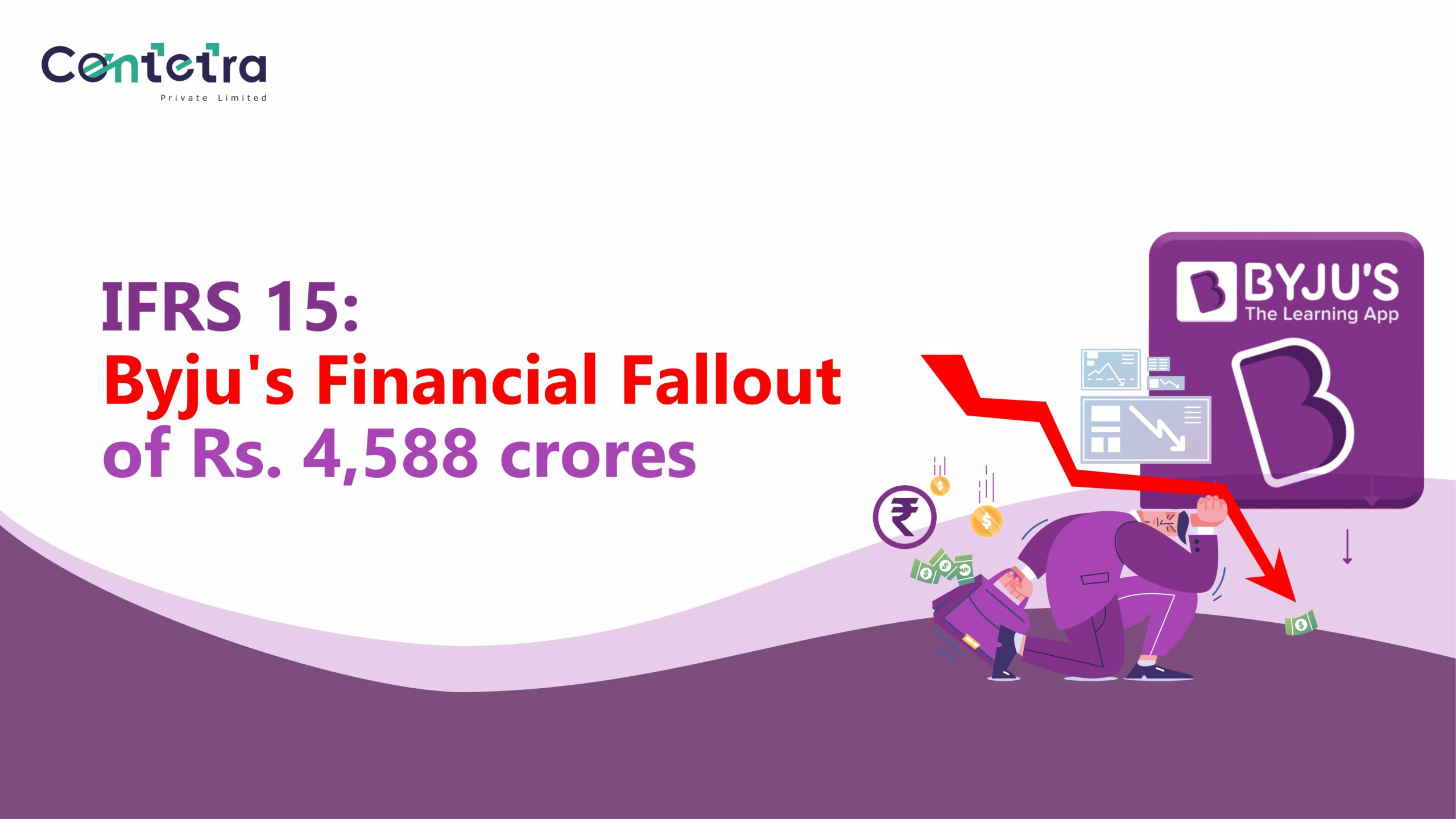Having assisted many companies in transition from IGAAP to Ind AS we have come across aspects that many companies ignore as part of their transition process. Everyone has been underestimating the time and efforts involved in the transition process and ends up resorting to some quick fixes to meet timelines.
These quick fixes do work for the purpose of a one-time transition, but management often misses out on planning on how the adjustments/working can become part of their periodic reporting, as all reporting going forward has to be under Ind AS only.
Phase 2 of the roadmap of adoption of Ind AS for NBFC has been made effective 1 April 2019. By virtue of this, all NBFCs meeting the phase 2 criteria are required to report all interim and annual period financial as per Ind AS.
Unlike other sectors, for an NBFC the areas affected are multifold with wide implications due to the Financial Instruments accounting standard. Listed NBFCs (Debt as well as equity) have already reported and are in process of reporting their Sept ended financials as per Ind AS. However, for unlisted NBFCs 31 March 2020 will be their first Ind AS reporting to be published latest by 30 Sept 2020.
Management of these NBFCs would consider Sep 2020 to be ample of time to make all the necessary adjustments and would not have even begun the transition process. However, this may not be true given the wide range of Ind AS implications for NBFCs.
In our interactions with CFO’s and financial controllers, below are 5 key challenges that Finance function of NBFCs have encountered which others who are in process of implementation can learn from:
1. Late starters:
Many CFOs admit that they started the process of Ind AS adoption very late as they underestimated the time, skill, efforts and resources involved in the process. Starting late had many disadvantages for the company such as:
- Diverting significant resources and time towards the transition process thereby effecting the regular Finance operations.
- Missing out on some of the areas which have Ind AS implications
- Taking quick fixes that are difficult to untangle for accounting in subsequent periods
2. System Upgradation:
Some key areas that have implication for an NBFCs are:
- Accounting for all income and expenses related loan asset using effective interest rate method
- Cost incurred for issues of debt to be amortized using the effective interest rate method
- Accounting of 100s of leases as per Ind AS 116, requiring creation of Right of Use assets and lease liability
- Fair valuation of security deposits
These are some of the areas which due to their complexity or volume are best automated. Without evaluating the need for system changes for such areas, it can lead to cumbersome excel workings period-on-period which can be prone to errors.
3. Upskilling the team:
This is one of the most ignored activities on the mind of many CFOs. Ind AS adoption can be a one-time activity that can be accomplished by the involvement of professional consultants however what about all future reporting periods?
There is an acute need to upgrade the skills of the finance team so that they are well versed with Ind AS and its implication on companies’ financials and reporting. A skilled finance team can be a great asset to the management as they will be able to handle aspects such as:
- Ongoing financial statement preparation
- Anticipate the income statement and tax implication of any financial instruments
- Identify System and process changes needed to ensure relevant data is made available and much more.
4. Ratio changes:
This is what analysts, investors, regulators, and other stakeholders look out for. Not paying attention to the change in the ratio can be a costly mistake. Adoption of Ind AS is likely to change many of the ratios that an NBFC’s is required to report and this may require management to take some action such as aligning stakeholders, evaluating any carve-outs available under Ind AS, etc.
Companies who are not planning Ind AS transition well in advance are likely to face time constraints to be able to take any decision once the ratio is affected due to Ind AS adoption.
5. Data issues:
This has been one of the biggest challenges faced by many Ind AS adopters. For Phase 2 NBFCs the date of adoption of Ind AS is 1 April 2019. However, the date of transition for Ind AS will be 1 April 2018 hence Ind AS will be adopted for comparative period as well.
For adoption of Ind AS in the comparative period the company is required to make available all the necessary data existing as of each period end as well as for during those periods.
Further for the purpose of building the Expected Credit Loss (ECL) model companies will be required to make available the data of the past 1-2 years prior to the date of transition.
Extracting all the past data has been a challenge for many companies and it can easily take weeks to just get the right set of data and build models around it. Without proper data, nothing can be possible.
These are just some of the challenges that are faced by CFOs and the finance team in the adoption of Ind AS. It is advisable for those who are yet to adopt Ind AS to learn from what others have encountered and plan well for a smooth transition to Ind AS.
Hope this article helps you in planning your transition to Ind AS and adopting Ind AS holistically rather than considering it as a one-time affair. If you or any of your colleagues are looking for IFRS / Ind AS implementation for any NBFC, do get in touch with us at ConTeTra Universal, where we have implemented Ind AS successfully for a few NBFCs and listed companies. Do share with your friends who might find it helpful.
For more information on Ind AS transition, you can download our free ebook – IFRS Changing the Financial Landscape. This ebook highlights, how India’s financial reporting perspectives are undergoing a significant change and aspects that Ind AS adopters need to look out for.
Ramanujam Narayan
Business Head – Finance First | CFO – ConTeTra Universal LLP






